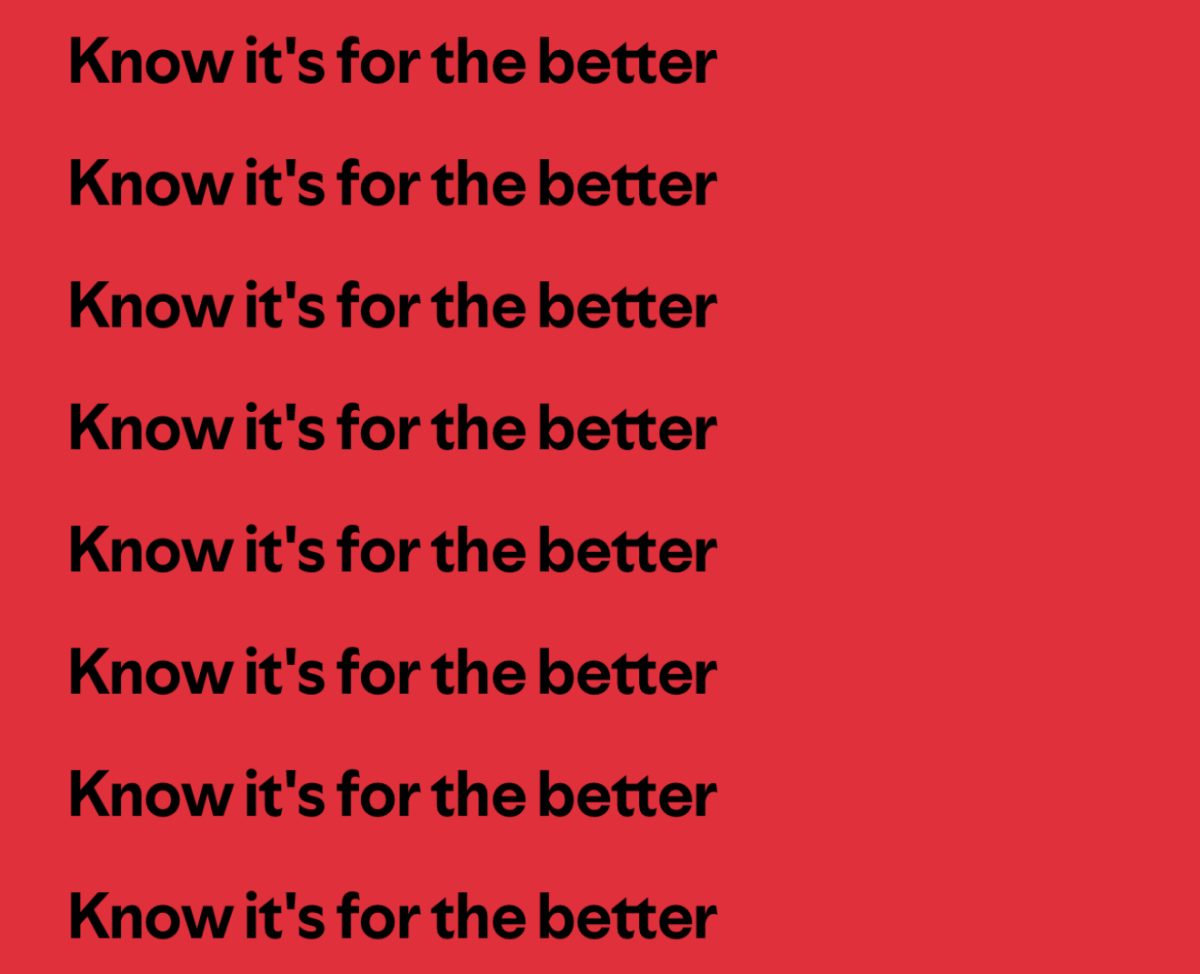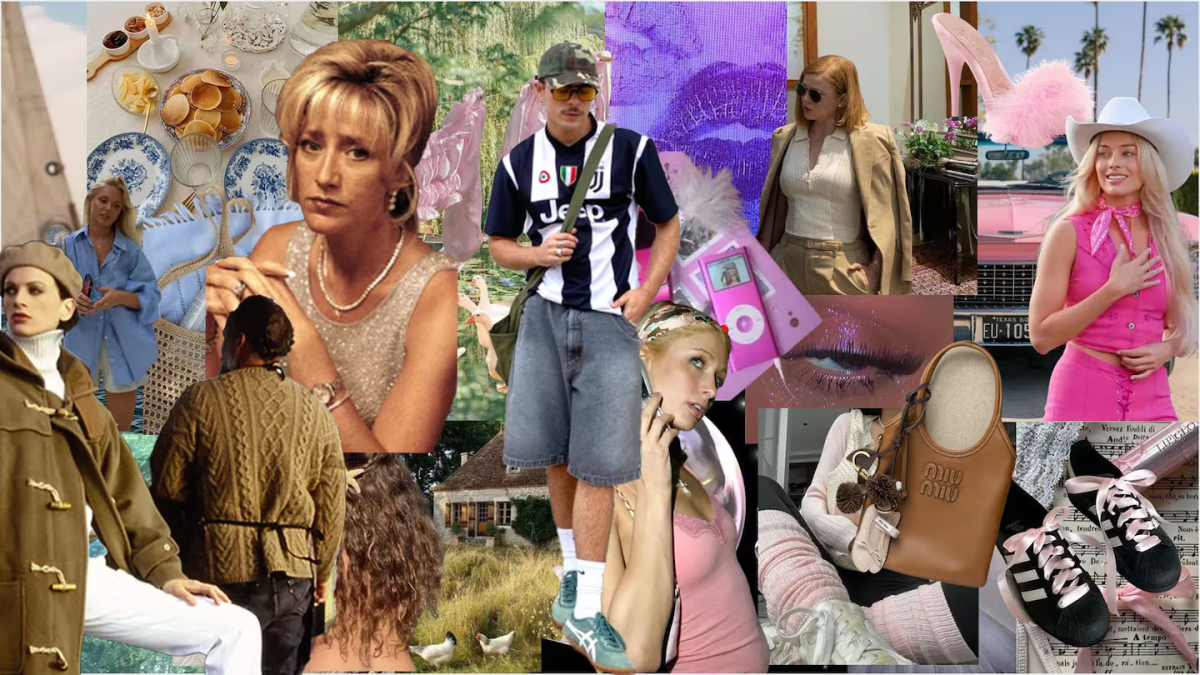In the era of social networks, fans have unprecedented ways to connect with their idols, revolutionizing the way they express their love and support. Yet, this newfound accessibility has a dark side, as some enthusiasts venture into dangerous territories, blurring the line between admiration and alarming stalking behaviors.
Fandoms have existed for as long as there have been celebrities to fawn over. People have always had favorite actors, musicians, and public figures. In the past, fans showed their devotion through letters, fan clubs, and going to events or shows. Supporters today connect with their favorite celebrities in different ways due to having access to the internet. Fans can talk to celebrities directly on Twitter, Instagram, and TikTok, which makes the connection feel more personal.
While most fans have respected the boundaries of celebrities and are able to maintain a respectful connection, some have crossed a fine line into what can be classified as intense stalking behavior. This shift has progressed greatly, specifically in cases regarding renowned celebrities.
In January 1999, a woman allegedly broke into two time Academy Award winner Brad Pitt’s Hollywood Hills house through an open window and remained there for nearly 10 hours. Pitt wasn’t at home when Athena Marie Rolando broke in. Rolando was discovered sleeping in one of the guest rooms and wearing the actor’s clothing, including a blue hat, green sweatshirt, black sweatpants, and tennis shoes, according to an LAPD statement.
Selena Gomez, a globally renowned pop star, confronted the alarming issue of stalking with a man named Michael Shawn Hunt. In 2018, Gomez sought a restraining order against Hunt after he was arrested for repeatedly trespassing on her property, driven by his claim to be in love with her. Hunt’s fixation escalated to the point where he traveled from another state to California, attempting to break into her guest house multiple times. Selena Gomez’s ordeal with Michael Shawn Hunt exemplifies the concerning pattern of some individuals becoming obsessively fixated on celebrities, endangering the stars and underlining the need for legal action and public awareness to combat stalking in the entertainment industry. These experiences highlight the alarming lengths to which some fans are willing to go in their obsession. Taylor Swift, another popular and revolutionary artist, has had her fair share of devoted fans throughout her career. However, she has also been the target of persistent stalking incidents. In 2016, Taylor Swift was granted a restraining order against a man named Frank Andrew Hoover, who had been following her for months. He even sent threatening emails to her father and was arrested for violating the restraining order.
Famous actor Leonardo DiCaprio has had multiple stalking instances, however the most significant one was in 2010 when a woman named Livia Bistriceanu claimed that she was his wife and pregnant with his child. Bistriceanu not only traveled from Chicago to Los Angeles for the actor, but sent multiple emails and letters, vowing to live with him in the afterlife. In her letters to DiCaprio, she wrote how he had told her 2 years ago he loved her and that there were no other women in his life. Bistriceanu asked why he hadn’t followed up and begged for an explanation, proving the extent to how far her delusions got. She was later spotted near the actor’s driveway, sitting on a suitcase, and was taken by the police to a mental institution.
It is important to recognize that not all passionate fans evolve into stalkers, and that this kind of behavior is not unique to fan culture. People from every aspect of life are affected by stalking, which is a more general society problem. It is extremely critical to support healthy boundaries and urge people to seek professional help if they find themselves unable to control their fixations or impulses in order to stop fan behavior from eventually developing into stalking.
The phenomenon of celebrity stalking can be attributed to a combination of psychological factors that encourage an increase of obsessive and often harmful behaviors. A significant number of stalkers develop parasocial attachments. These are one-sided relationships, where one party puts in emotional energy and time, yet the other is unaware of the connection existing at all. Parasocial relationships often result in distorted perceptions of intimacy and unrealistic expectations. Identity fusion occurs when the stalker becomes entangled in the celebrity’s life, further obscuring the distinction between reality and illusion.
Mental health issues such as personality disorders and delusional thinking have a significant impact on how stalking behaviors develop. People who are driven by a fear of being rejected and low self-esteem often go to famous individuals for validation. If they experience perceived rejection, they may turn to surveillance as a strategy to regain attention and control. A lack of social skills, an obsession with a person, and cultural influences that elevate celebrity status are further factors that add to the complex psychological landscape of celebrity stalking.
To properly address this issue, a comprehensive plan involving mental health interventions, societal awareness-raising, and support networks for stalkers and celebrities both is necessary. Preventing the development of stalker behaviors requires recognizing the early signs of parasocial attachment and providing appropriate mental health treatment.
It is entirely possible for celebrities and other public figures to set limits and say when they do not like aggressive and/or invasive behavior. Fan clubs and online platforms can set up rules and ways for people to report harassment and stalking that will protect both fans and celebrities. Finally, to deal with the troubling problem of fan behavior turning into stalking, a combination of awareness and legal consequences is required in order to distinguish the true difference between fan and stalker.
















